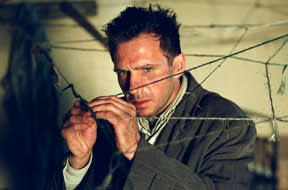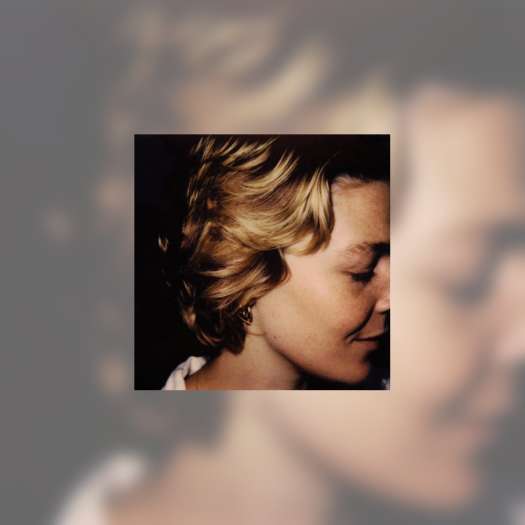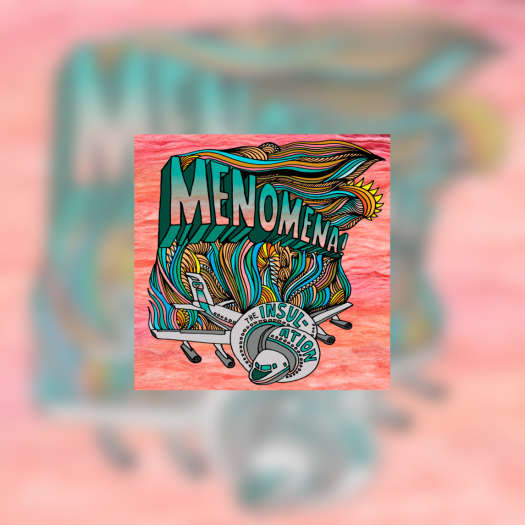Spider is an unrelentingly bleak portrait of one man's life viewed through the lens of his delusional mental illness. Dennis "Spider" Cleg (Ralph Fiennes) is released from a mental institution into the care of a halfway house in London's East End, which is run by strict disciplinarian Mrs. Wilkinson (Lynn Redgrave). This sudden return to the neighbourhood he grew up in sparks a series of increasingly consuming visions of his childhood, which centre around his father (Gabriel Byrne) replacing his mother (Miranda Richardson) with a local prostitute (also Miranda Richardson). The closer he gets to uncovering the truth about his traumatic upbringing, the more his delusions begin to creep into his life at the halfway house, blurring the past and the present to a dangerous point. As the film is revealed entirely from Spider's skewed perspective, we are forced to struggle alongside the character to discern what is truth and what is delusion. Cronenbreg's patchwork storytelling - unveiling disjointed pieces of Spider's story until the horrifying truth eventually becomes clear - is successfully intriguing. However, the almost total lack of humour or lightness in the film makes the characters themselves less emotionally engaging than they are fascinating to observe. While the performances are stellar across the board (hardly surprising given that the ensemble is comprised of some of Britain's foremost acting talent), the characters are distanced by experiencing them though delusions' distorted view. The film's ending also has less impact than it could, as the visceral effect that realising the extent of his illness and the truth of his past has on Spider just isn't made tangible.
Spider
David Cronenberg

BY Erin OkePublished Jan 1, 2006



